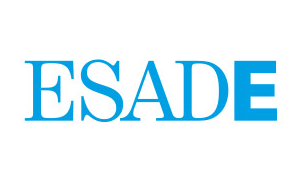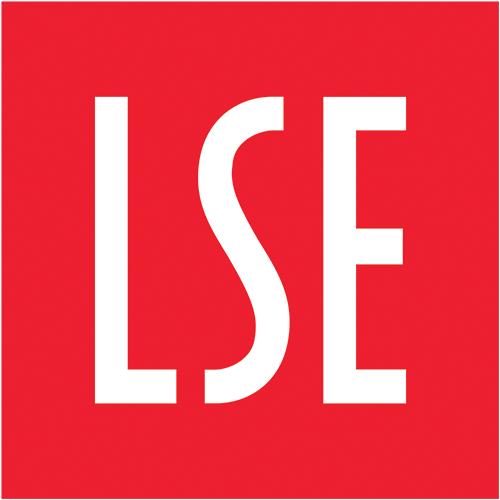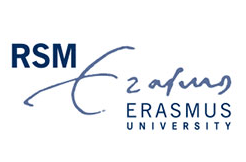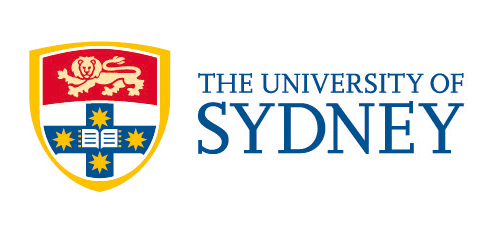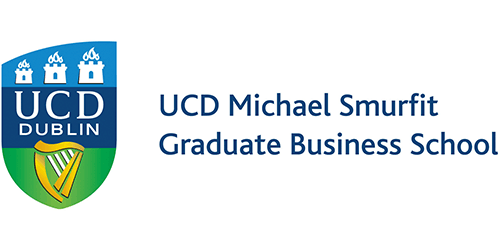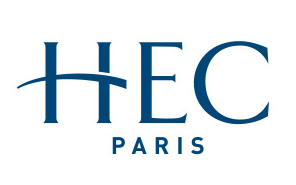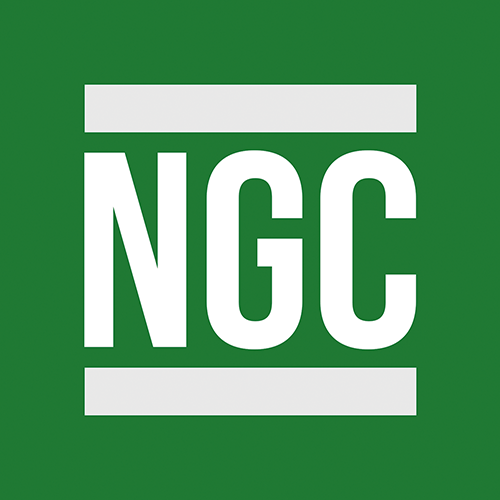
Opportunity-building with under-represented communities can take many forms and yield a breadth of unexpected gains and impact. But there is one key imperative that holds true however you go about it, say these CEMsies. And that’s getting out there and doing it.
There are many ways to build bridges and deliver much needed resources, know-how, skills and opportunities to underserved or marginalised communities. It’s even possible to do so while driving profitability with purpose for yourself and your organisation.
You could, for instance, lead initiatives on behalf of major league players and spearhead change from within a corporation.
Alternatively, you could set up your own venture or project and cascade the benefits and opportunities to the community.
Or you could work to build awareness and engagement through education and training initiatives that create positive feedback loops across multiple stakeholder groups.
You could even give up your time and your expertise pro bono and still reap concrete and quantifiable rewards.
But however you choose to put your abilities to work in the pursuit of greater inclusiveness, says Clara Villain, one thing holds true. And that’s rolling up your sleeves, and “getting out there.”
“Whatever it is that you want to do to effect change, there comes a point where you just have to take off the suit, put on your boots and head out into the field.”
And she should know. Quite literally.
A CEMS graduate of The London School of Economics, Clara has worked with a major energy company, since 2017. Specifically, she is a business developer within PowerCorner, an “internal start-up” that builds and rolls out off-grid electricity mini-grids for rural communities in Sub-Saharan Africa.
One of the functions of PowerCorner is to service its mother company’s decarbonisation objectives. Another has a deep connection with Clara’s personal sense of purpose.
“With PowerCorner we’re supplying energy in a way that is not only cleaner, greener and more sustainable, it also supports income-generating activities on the ground. We’re working with local people and hiring local teams in order to scale our business, while improving living conditions for the local populace. It’s a hugely dynamic and exciting space to be working in,” she says.
Clara’s job has taken her into diverse rural communities across Africa – “suit off, boots on” field work that is yielding transformative results and delivering sustainable energy to scores of villages in countries like Zambia and Nigeria.
“One of the most gratifying parts of the job is seeing how impact ripples outward. When a health centre switches from kerosene to mini-grid energy you get improved performance from things like fridges which are storing medicines. That pays off in terms of patient follow up – more people receive better healthcare. Similarly, bringing energy to a school means you have more reliable computers and better access to the internet. In one school, electric lighting meant they could offer night classes to adults. So you have more inclusivity, and at no additional cost to the community as they are simply switching from one energy source to another – better – one.”
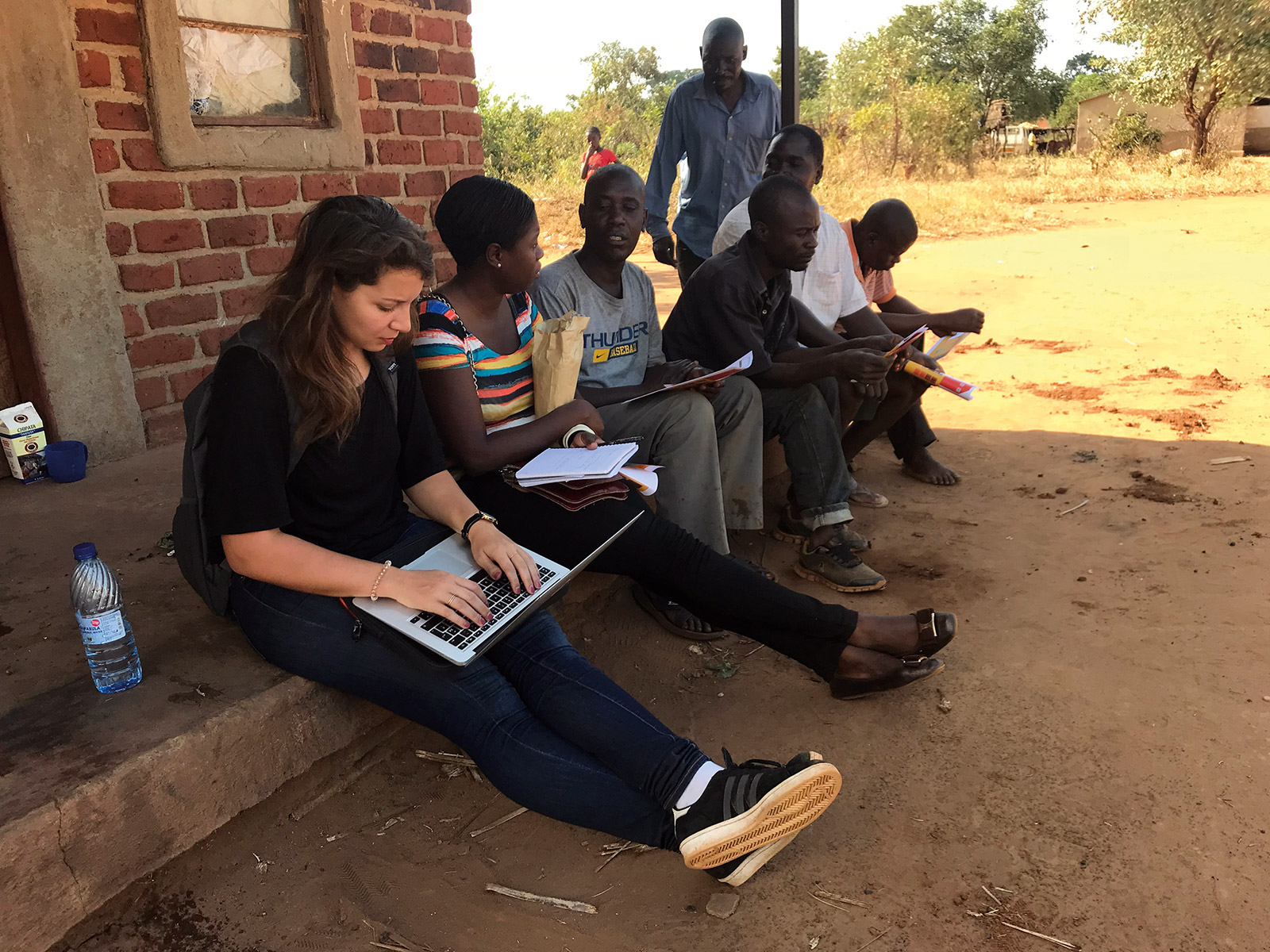
Private sector companies like hers can play a key role in bringing experience from developed countries to bear on the kinds of energy, education, finance or resource challenges that face their emerging counterparts. And they an help accelerate solutions, says Clara. But she is quick to debunk any idea that the “players from the privileged west” hold all the cards.
“When you work in places where people do struggle and where life can be very hard, there is no space for any ‘saviour complex’, and it’s surprising how you lose any charity- type mindset very quickly. Empowering communities is just as much about empowering yourself in reality,” she says. “Yes, you get personal rewards of seeing impact but the challenges are incredibly exciting professionally and intellectually. Emerging markets are where you often really see innovation in action. And working with people from lots of different backgrounds is a phenomenal opportunity to learn.”
Menno de Block agrees.
Diving deep and going far
A CEMS graduate of Rotterdam School of Management, Menno moved to Cambodia in 2014 to pursue a long-held ambition to work in social enterprise. However his life took a very unexpected turn as a result of meeting and gaining inspiration from the exceptional young women he was meeting in his line of work.
“I was really struck by young female leaders that we met and worked with – by what they were telling me about how they had overcome huge odds to accede to leadership and influence in their communities. I began to chronicle their stories in the form of blog posts, and I was surprised by how much these posts resonated with readers around the world.”
Mobilised by the response to his blog, Menno set about writing a book about next-generation female leaders in Cambodia. The result is Diving Deep, Going Far – a fictionalised account of how resourceful and enterprising young women have found a pathway to success and fulfilment in spite of poverty, patriarchy and a lack of role models.
“The book is based on a series of more than 25 interviews with real women. I worked with my co-author, Kunthea Chan, to condense these stories into four main characters and touch on universal themes including gender equality, personal leadership and following one’s dreams.”
Published in June 2018, Diving Deep, Going Far has sold more than 2,000 copies in Cambodia to date and has made its way into the teaching curriculum in a number of rural communities. Funding has been raised, says Menno, to translate the book into Khmer and distribute 5,000 copies to schools, libraries and Cambodian NGOs.
“The goal is to give as many young people, especially young women, exposure to the ideas, frameworks and practical lessons in the book and help inspire and empower them to take their own step towards leadership. So in a sense, it’s about giving these young women who have not had role models an opportunity to become role models themselves.”
International reception has also been positive, and the book is playing a role in showcasing the kind of roadblocks women who aspire to leadership face in rural communities in South East Asia. And the enterprising solutions they deploy in overcoming them.
“We’re working now on promoting the book outside of Cambodia,” says Menno. “I believe the relevance is there for women – and for men too – no matter where they live. There’s a universality to the ideas here that transcends geography.”
Going from business graduate to published author of fiction is an unconventional trajectory for a CEMS alum, as Menno himself acknowledges. But he credits the critical thinking faculties developed as a business practitioner and strategist with the ability to unearth and articulate the important narratives that inform the book – and the messages within it that have the potential to bridge divides.
“I believe my own story in writing the book showcases an unusual, non-corporate side to our community, but very much one that exemplifies CEMS and our commitment to using our talents and resources in being stewards of a better tomorrow.”
Inclusiveness: From theory …
The CEMS spirit of inclusiveness is also exemplified by the work of Professor Ranjit Voola with CEMS students at the University of Sydney Business School.
Ranjit has developed a new unit of study called Poverty Alleviation and Profitability. And the class is causing ripples – not only across the CEMS student community in Australia, but across the international academic community also.
“The class is a first in the sense that it looks at poverty alleviation not only from the business perspective – what’s in it for business – but digs deep into the root causes of poverty and inequality. As this is such a new area of teaching, the course draws deeply on cutting-edge research and emerging case studies from the business world.”
Ranjit believes that businesses have a “moral and economic imperative” to engage with social issues such as poverty. And he says that they can do this while making profits. “There are 4 billion people on the planet living on less than $5 a day. As developed countries become saturated markets, companies here are looking at these other markets. The challenge to them is to rethink their business models and make the switch from low volume-high margins, to high volume-low margins. In other words, they need to be thinking about how to make a little money from many people.”
And this is a concept that is resonating with Ranjit’s students.
“In class, students engage in a deep discussion and systematic analysis of the ideas and the evidence we have gathered about companies like KPMG, PWC and Opportunity International and Konicka Minolta, Australia, who are shaping the narrative in this area. The flipped classroom dynamic, which shifts the focus from exploring content in class to post-hoc analysis and debate, has seen students act as co-creators rather than recipients of knowledge.”
The proactive questioning of assumptions and beliefs is playing out in a substantive change of attitudes – and even career choices, says Ranjit.
“On completing the course, many of our students have chosen professional paths that are seeing them get out into the world and play their own proactive role in tacking inequality.”
Meanwhile, in Brazil, novel approaches to learning and knowledge acquisition are also informing the debate around inclusion.
To experience…
The Vale Do Ribeira in the state of Sao Paolo is home to the quilombola, a community descended from Afro-Brazilian slaves. Lacking basic infrastructure and resources, these people also live under constant threat from government plans to build dams.
In the summer of 2018, 26 international FGV Brazil CEMS students studying at the School of Business Administration of Sao Paulo (Escola de Administração de Empresas de São Paulo) spent five days in the region, interacting with local leadership and exploring how the community engaged in sustainable farming.
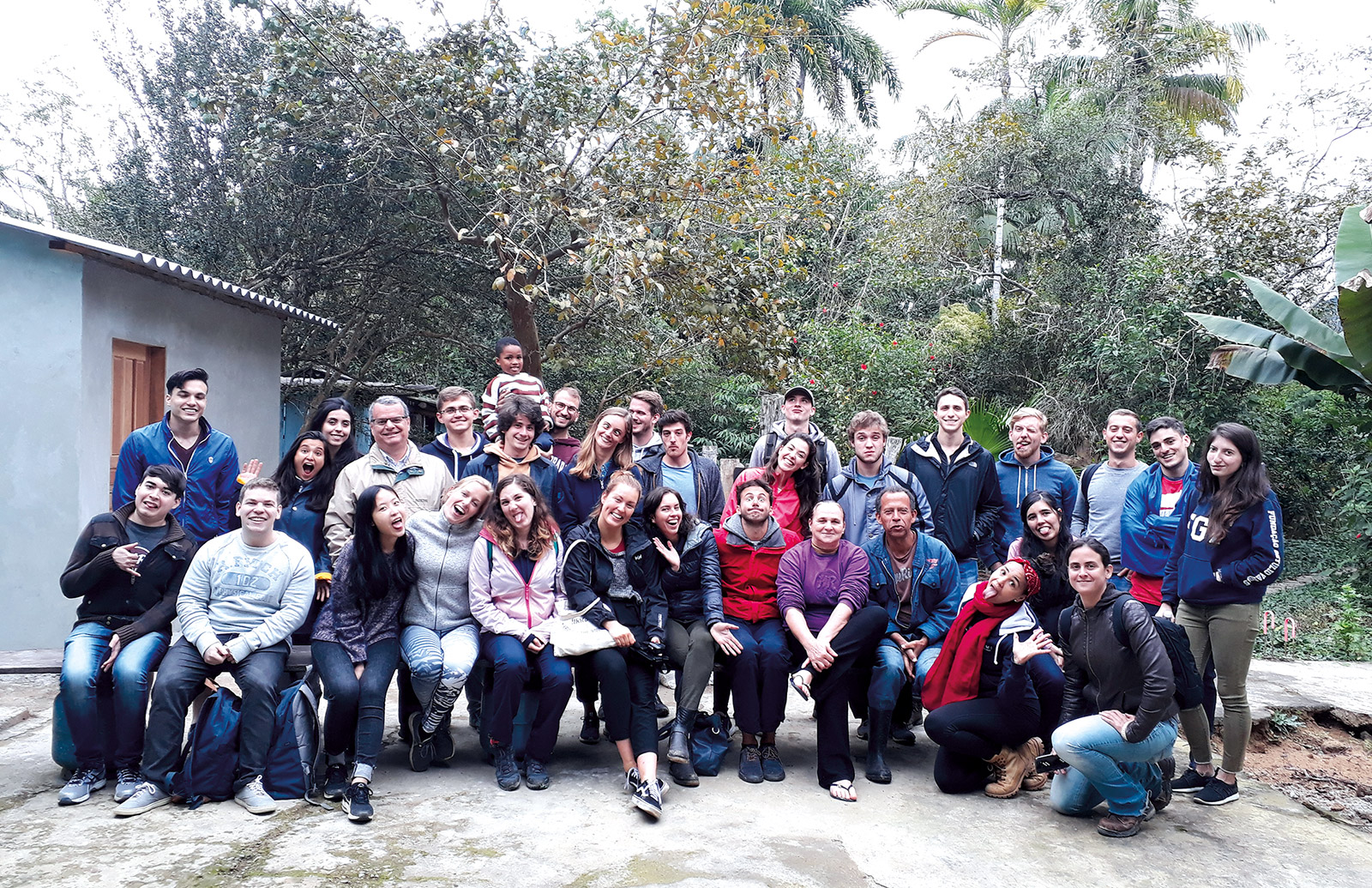
According to CEMS programme manager, Eliene Soares da Silva, the experience gave the students a chance to get out into the field, and gain hands-on, practical experience of how to “combine the perks of development with preservation of our beautiful natural world.”
“The Vale Do Ribeira situation exemplifies the UN Sustainability Development Goal of planning that brings development to a region without killing the local culture. We wanted the students to see – not just read about – the impact of the decisions made by powerful institutions such as the government and the private sector on the environment and on the local culture of remote communities like the quilombolas.”
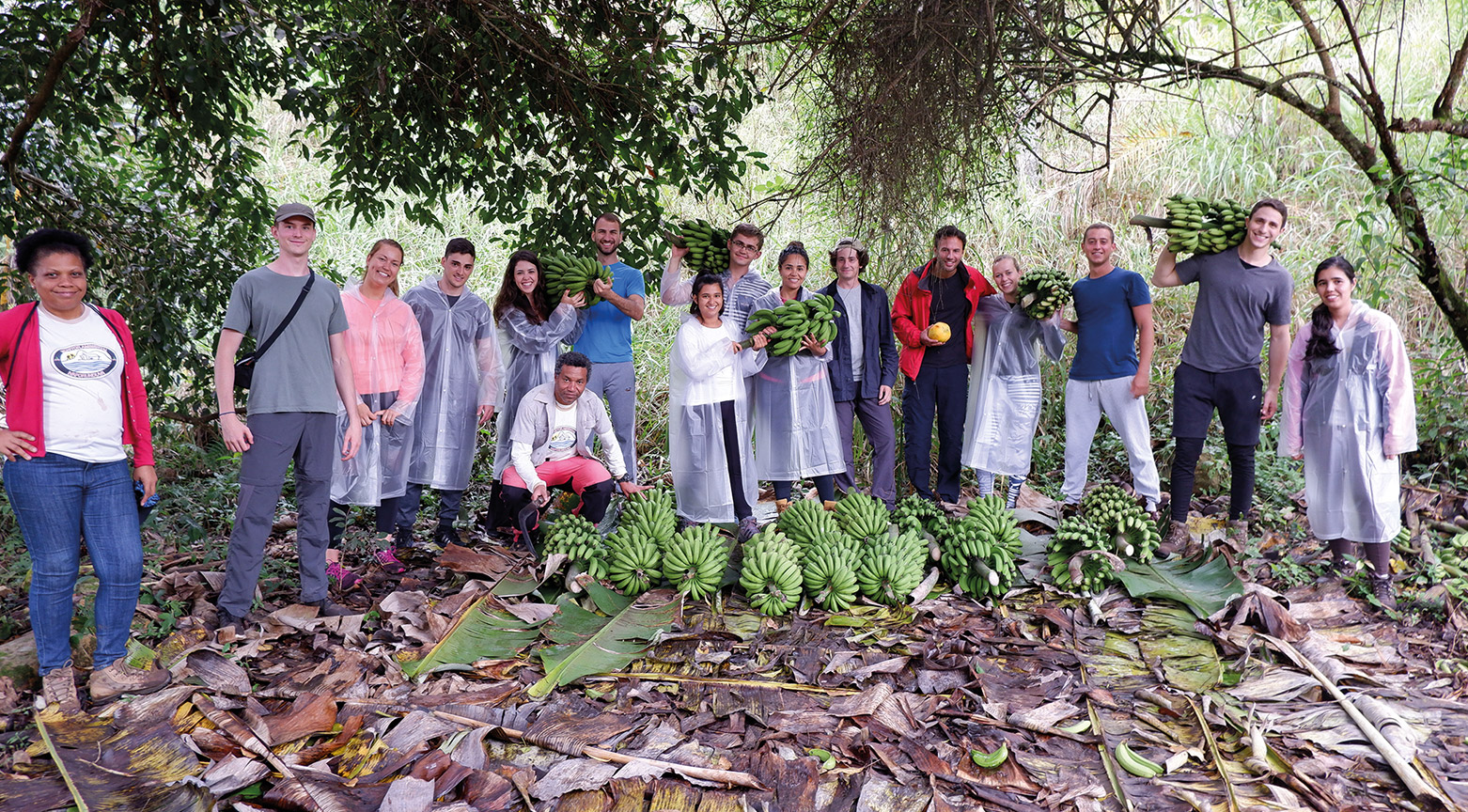
As a learning experience, the field trip has had enormous impact on the CEMS students involved. One of them shared the feedback that: “We need to break the paradigm that city and nature should be separated, that sustainability is the enemy of the private sector and of development. Never in my life I would have thought to have an experience like this, I would never learn so much in an office or in the classroom.”
…to action: The NGC story
Taking the learning experience out of the classroom is a concept that is also very close to Seva Granin’s heart.
A CEMS graduate of HEC and UCD Smurfit, Seva is the president of New Generation Consulting, a founded pro bono consulting group that offers CEMS students the opportunity to work with social enterprises all over the world – and enrich their real-world understanding, consultancy competences and international network in the process. “NGC is a collective of volunteers from the CEMS ecosystem working in virtual, international teams. From the board to project managers to individual consultants we leverage the collected talent of the CEMS ecosystem and match that talent to the needs of a broad diversity of social businesses that are often working in challenging geographies and markets that are hard to access.”
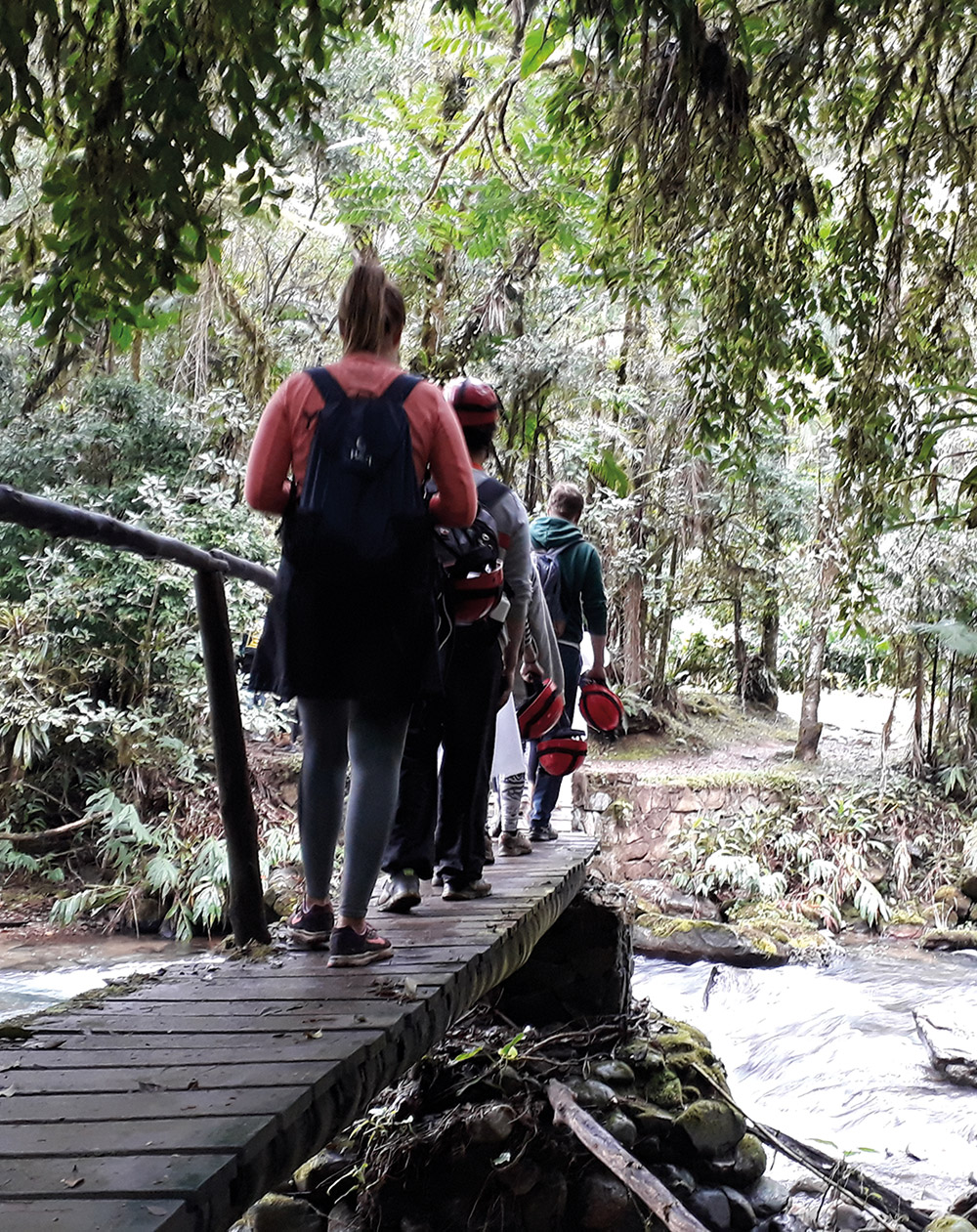
Volunteering is strictly limited to CEMS students and alumni, says Seva, both as a means of ensuring the quality of the consulting, and ensuring that opportunities reach students within the community.
“For CEMSies, this is a once-in-a-lifetime opportunity to explore new markets, industries and organisations working in sustainability. And because we work virtually, using technologies like Skype, we are able to bring people together from all over the world without incurring additional costs in terms of time or travel.”
The diversity of opportunity is “stunning” says Seva.
We have a lot of projects on offer to them that can range from all kinds of things from companies working on remittance in remote areas, to start-ups leveraging technologies like AI, augmented reality or blockchain.”
And the concept is a “win-win-win.”
“Students get essential pre-career experience under their belt and a chance to hone critical skills in diverse areas. The project stakeholders receive world-class support in overcoming the road blocks to scale up their activities. And together, we help accelerate and amplify the impact that these social enterprises are having in the world.”
Each semester, NGC runs around eight different projects with NGOs and social businesses that require student involvement. To date, the programme has consulted on more than 55 successful projects around the world, ranging from reforestation and erosion initiatives to entrepreneurship training for young people from disadvantaged backgrounds. Volunteers typically report a tangible impact on their learning and career prospects – as well a desire to come back and get involved in new projects.
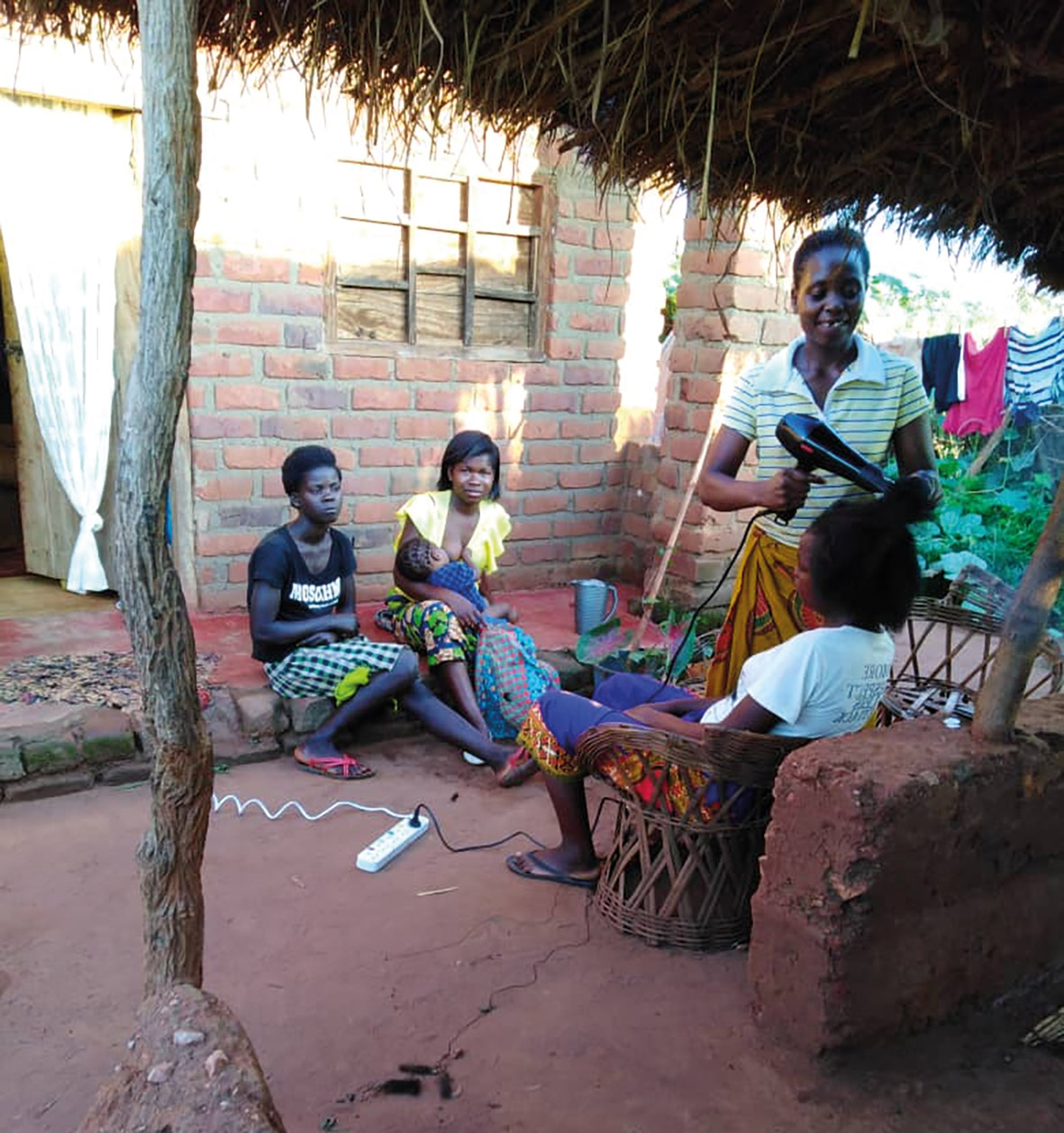
The real challenge NGC faces, says Seva, is in getting the word out to new generations of CEMS students.
“Quite often I am asked by alumni if NGC still exists,” he laughs. “CEMS is a short programme with a high turnover and there’s only a one-to-two semester window where students can participate. So each year we have to market and re-market the opportunity.”
Despite this, NGC is as robust as ever and growing in terms of participants and impact. And Seva’s message to the CEMS community is “really quite simple.”
“We’re here, we’re stronger than ever and we have ambitious plans to deliver more impact. So if you’re interested in building your experience, finding out more about the world and playing your part in effecting change where it is most needed, find out more about us. Get out there and do it.”
Contributors
Clara Villain, The London School of Economics and Political Science/UAI
Seva, NGC
Menno de Block, Rotterdam School of Management, Erasmus University / HEC Paris
Eliene Soares da Silva, Escola de Administração de Empresas de São Paulo-FGV
Ranjit Voola, The University of Sydney Business School
